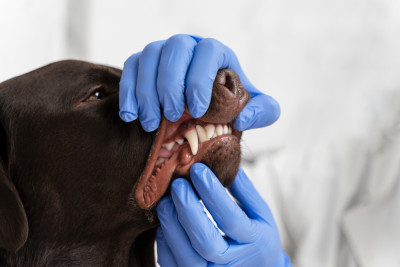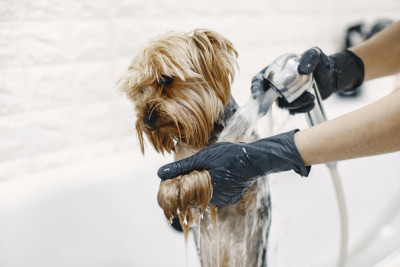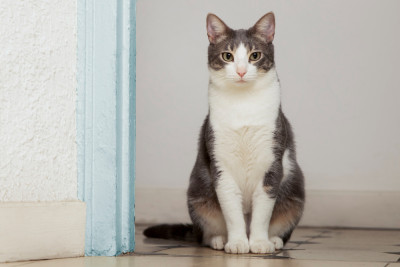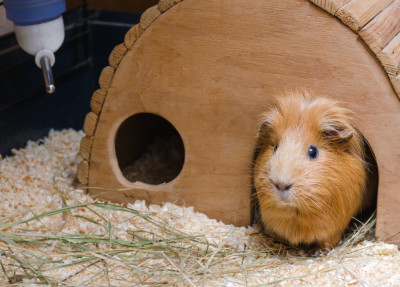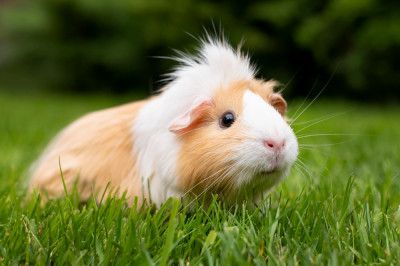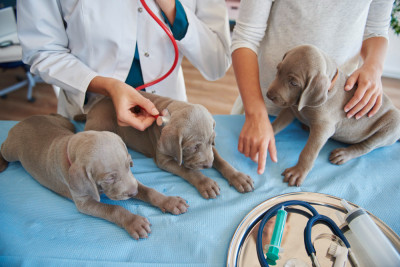-
Regular Dental Check-ups
Schedule regular dental check-ups with your veterinarian. These visits are crucial for assessing your pet's oral health and catching any dental issues early. Your vet can also provide professional dental cleanings when necessary, which involves removing tartar and plaque buildup.
-
Daily Brushing
Brushing your pet's teeth daily is one of the most effective ways to prevent dental problems. Use a pet-specific toothbrush and toothpaste, as human toothpaste can be harmful if ingested by pets. Start brushing when your pet is young to get them used to the routine, or gradually introduce it to older pets.
-
Dental Chews and Toys
Offer dental chews and toys designed to promote oral health. These products help reduce plaque and tartar buildup by encouraging chewing and cleaning action. Look for options approved by veterinary associations to ensure they are safe and effective.
-
Dental Diets
Some pet food manufacturers offer special dental diets that are formulated to promote oral health. These foods often have unique kibble shapes and textures that help clean teeth as your pet chews. Consult with your veterinarian to see if a dental diet is appropriate for your pet.
-
Avoid Table Scraps
Resist the temptation to give your pet table scraps, especially foods that are high in sugar and fat. Human food can lead to dental problems and obesity in pets. Stick to a balanced, vet-approved pet diet.
-
Monitor Dental Health
Pay attention to your pet's dental health. Look for signs of dental problems, such as bad breath, swollen or bleeding gums, loose or broken teeth, and difficulty eating. If you notice any of these issues, consult your veterinarian promptly.
-
Dental Rinses and Water Additives
Some dental rinses and water additives are available for pets. These products can help reduce bacteria in the mouth and promote fresher breath. Always consult with your vet before using any dental products to ensure they are safe and appropriate for your pet.
-
Be Mindful of Dental Health at All Ages
Dental care is essential at every stage of your pet's life. Puppies and kittens may experience teething, while older pets are more susceptible to dental issues like gum disease and tooth decay. Adjust your dental care routine to meet your pet's specific needs.
-
Professional Dental Cleaning
In addition to regular check-ups, your veterinarian may recommend professional dental cleanings under anesthesia. These cleanings allow for a more thorough examination and cleaning of your pet's teeth and gums. They may be necessary for pets with significant dental problems.
-
Be Patient and Consistent
Pet dental care requires patience and consistency. Make dental care a routine part of your pet's daily life, and be gentle and reassuring throughout the process. Reward your pet with positive reinforcement to make the experience more enjoyable for them.
Conclusion
Proper dental care is essential for your pet's overall health and well-being. By following these tips and making dental care a part of your pet's daily routine, you can help ensure they have healthy teeth and gums. Regular check-ups with your veterinarian are key to catching and addressing dental issues early, so your pet can enjoy a comfortable and happy life.

